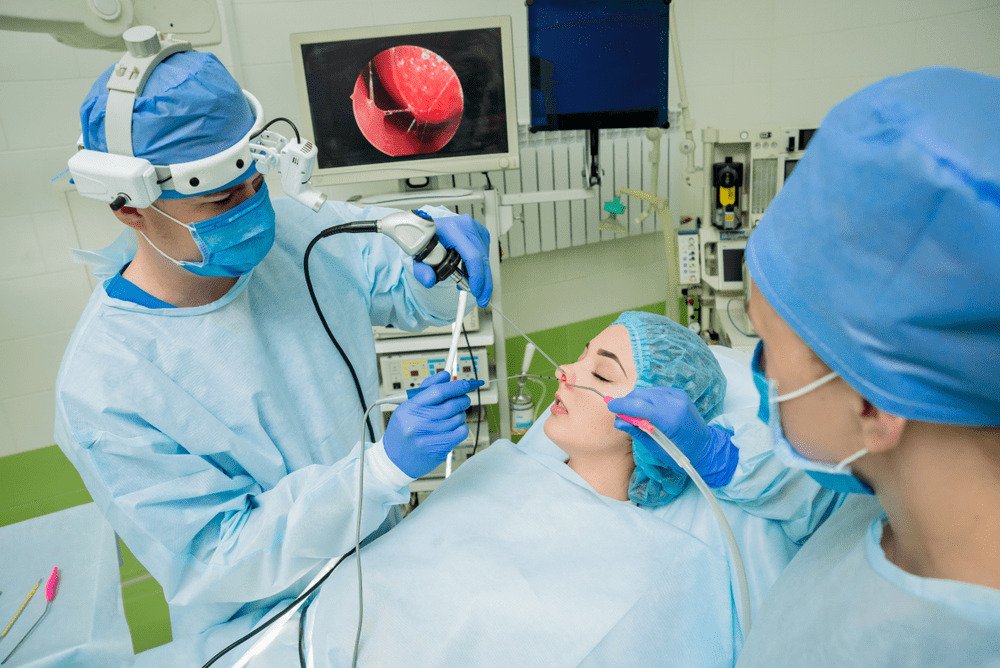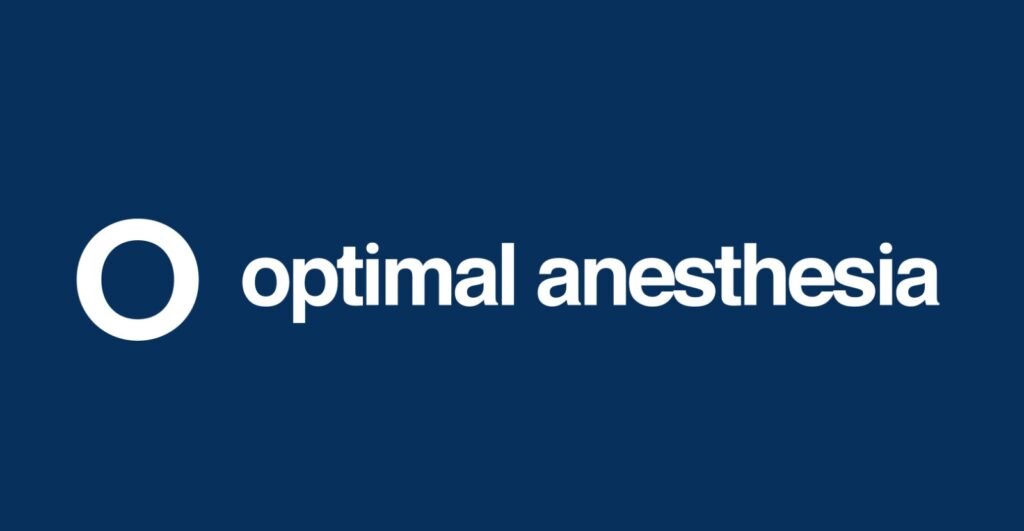BACKGROUND
Functional endoscopic sinus surgery (FESS) is well accepted as surgical treatment of sinusitis and nasal polyps. The success of this procedure depends on the visual clarity of the highly vascular surgical field through the endoscope. Various drugs and anaesthetic techniques have been tried in an effort to provide the appropriate surgical conditions for FESS. The purpose of this study was to evaluate the effect of oral bisoprolol (a long acting beta adrenergic receptor antagonist), in reducing the bleeding and thus improving the operating conditions during FESS.
METHODS
Patients undergoing FESS between the period from 1st June 2014 to 31st May 2015, satisfying the inclusion criteria were enrolled in the study. Patients were divided into study and control groups based on a computer generated block randomization list. Patients in the study group received tab.bisoprolol 2.5mg as premedication and patients in the control group did not receive the drug. Neither the attending anaesthetist nor the surgeon was aware of the group to which the patient was randomised. The following parameters were recorded:
1)Heart rate
2)Mean arterial pressure (MAP)
3)Estimated blood loss
4)Duration of surgery in minutes
5)Duration of anaesthesia in minutes
6)Surgeons’ satisfaction grade
7)Desflurane consumption
8)Additional bolus dose requirement of Propofol.
Statistical analysis was done using Chi square test for comparing the demographic parameters, and for the categorical variables to know the significance of association between the two variables, continuous variables were analyzed using Student’s t-test.
RESULTS
The blood loss was significantly(p<0.05) more in the control group(139.2 ± 18.69ml) compared to study group (91.40 ± 12.95ml). The surgical field was graded by the operating surgeon as better in those who received bisoprolol (study group) when compared with those in the control group. During the operative period, the heart rates and MAPs were higher in the control group as compared to study group. The consumption of desflurane averaged 20.26 ± 1.420 ml in study group as compared to 25.26 ± 3.770ml in control group and the patients requiring additional bolus doses of propofol were significantly lower in the study group. These differences were statistically significant (P<0.05).
CONCLUSION
This study demonstrated that administration of a single preoperative dose of bisoprolol (2.5 mg) can significantly reduce the blood loss during FESS, improve the visualization of the operating field and lower the consumption of desflurane and propofol needed to achieve this without any untoward effects.


